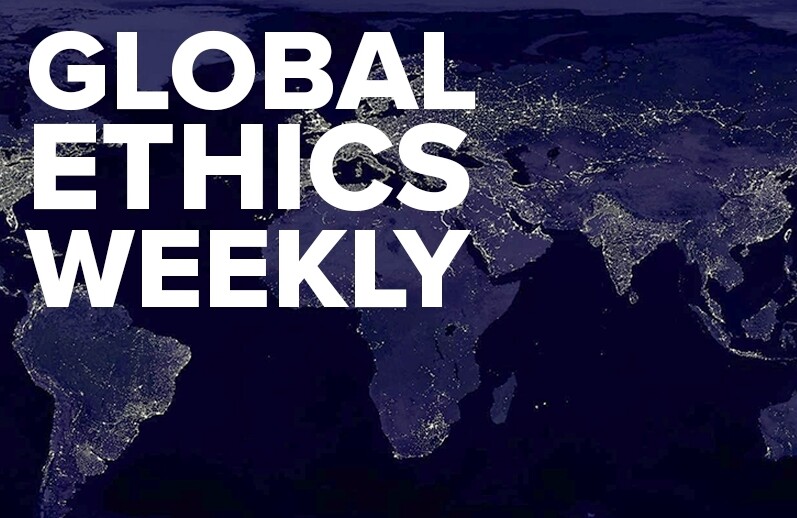Quinnipiac's Sujata Gadkar-Wilcox discusses her work researching the conception of human rights in a community in rural India. She tells the story of Chaya Kakade, a woman who went on a hunger strike after the Indian government proposed a tax on sanitary napkins, and has since built her own production center in Latur. How does Kakade understand human rights? How can Westerners move beyond a legalistic view of the concept?
Quinnipiac's Sujata Gadkar-Wilcox discusses her work researching the conception of human rights in a community in rural India. She tells the story of Chaya Kakade, a woman who went on a hunger strike after the Indian government proposed a tax on sanitary napkins, and has since built her own production center in Latur. How does Kakade understand human rights? How can Westerners move beyond a legalistic view of the concept?
For more on Kakade, check out Gadkar-Wilcox's Carnegie New Leaders podcast from one year ago. Gadkar-Wilcox also discussed her campaign to be state representative in Connecticut in a Global Ethics Weekly last month. This podcast also references a recent podcast with Suchitra Vijayan on the rise of right-wing nationalism and identity-based violence in India.





